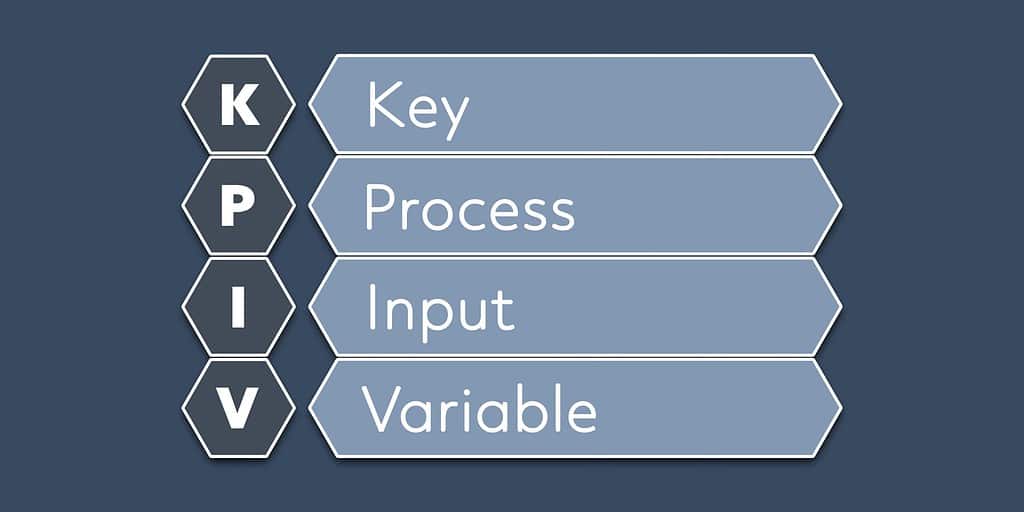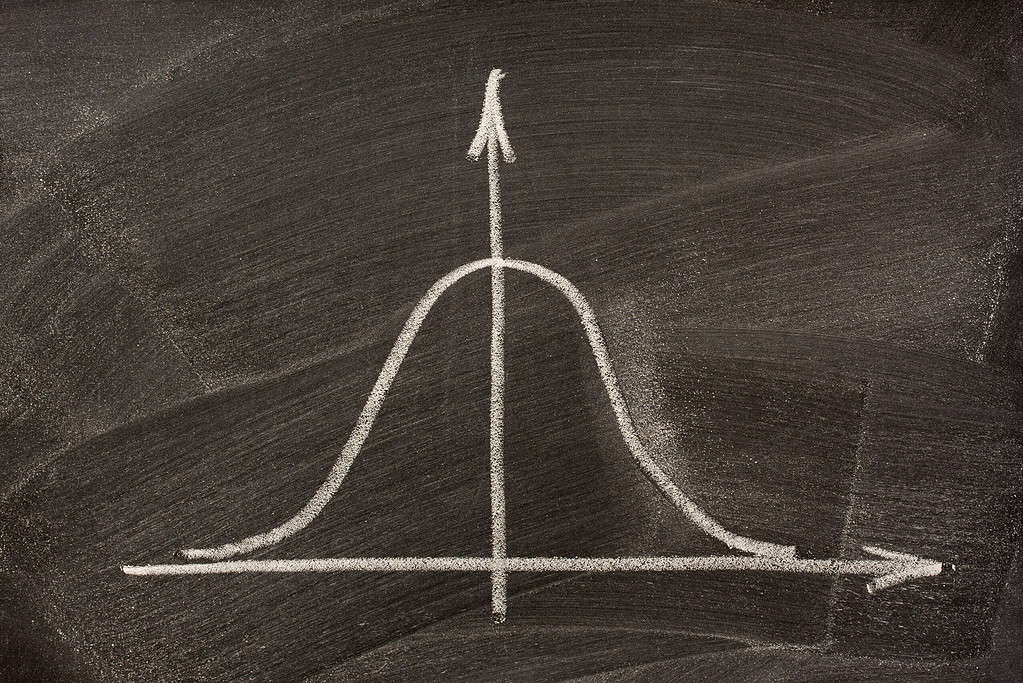Category: Hypothesis Testing

How Statistical Hypothesis Testing Can Help Organizations Make Better Business Decisions
Published:In today’s data-driven world, organizations across industries are inundated with information. Transforming this data into actionable insights requires robust analytical tools, one of which is statistical hypothesis testing. This method enables businesses to make decisions based on data rather than intuition, significantly reducing risks and enhancing operational efficiency. This article explores the concept […]
Read more »
The Role of the Anderson-Darling Test in Assumption Testing
Published:Is your data normal? If not, will that be a problem? It might be, since data normality can be important when using certain statistical tools to make your business decisions.
Read more »
Z-Score: A Handy Tool for Detecting Outliers in Data
Published:Some say that Z is the sign of Zorro (Spanish for fox), the fictional sword-wielding masked vigilante who defended and helped the poor. In statistics, it is something different. In statistics, z usually refers to the standardized score or z-score of a data point in a normal distribution. The z-score measures the number […]
Read more »
Understanding the Uses for Mood’s Median Test
Published:When comparing the average of two or more groups with the help of hypothesis tests, the assumption is that the data is a sample from a normally distributed population. That is why hypothesis tests such as the t-test, paired t-test, and analysis of variance (ANOVA) are also called parametric tests. Nonparametric tests do […]
Read more »
Leveraging Key Process Input Variables for Success
Published:Complex products and processes can often yield significant variation in output, with resultant poor customer satisfaction, especially when process inputs are not well controlled. By understanding and controlling our key process input variables, we have the perfect approach to keep output variation in check.
Read more »
Making Sense of the Two-Proportions Test
Updated:Consider a production process that produced 10,000 widgets in January and experienced a total of 100 rejected widgets after a quality control inspection (i.e., failure rate = 0.01, success rate = 0.99). A Six Sigma project was deployed to fix this problem and by March the improvement plan was in place. In April, the process […]
Read more »
Mastering the T-Statistic: Tips and Tricks
Published:You may think turnaround time has decreased from your baseline as a result of a process improvement. But has it really? The t statistic is one way to find the answer to that question.
Read more »
Making Sense of the Two-Sample T-Test: Supercharge Your Hypotheses Tests
Updated:The two-sample t-test is one of the most commonly used hypothesis tests in Six Sigma work. It is applied to compare the average difference between two groups. You use it to determine if the difference is significant or if it is due instead to random chance. It helps to answer questions like whether the average […]
Read more »
Navigating Data Analysis: The Importance of Testing for Normality
Updated:Is your data normal? Oh no! Is that a problem? The concept of data normality can be important when using certain statistical tools to make data-driven decisions.
Read more »
What Statistical Significance Can Tell You About Your Data
Updated:You have compared your process data before and after an improvement. Is the difference real or just noise? Statistical significance will help you answer that question.
Read more »
Understanding the 2-Sample t-Test: A Guide to Hypothesis Testing
Updated:You have retrofitted your major production machine to make it run faster. Did the retrofit really improve machine speed? A 2-Sample t-Test can be used to answer that question.
Read more »Understanding the Mood’s Median Test: An Overview
Updated:Your data has failed the assumption of normality needed for a parametric test of hypotheses. If you have two or more groups you want to analyze, what do you do? Maybe the Mood’s Median Test will help.
Read more »
Mitigating Type 1 Errors: Best Practices and Strategies
Updated:Don’t you hate it when you make a mistake? A type 1 error is a mistake you can make when erroneously interpreting your data. Let’s learn what that mistake is and how to keep from making it.
Read more »
How to Use the P-Value to Evaluate Your Data and Draw Conclusions
Updated:Is there a real difference between machines? Did what I changed really help? Does a relationship really exist between temperature and pressure? The answers to these questions and others can be provided by the p-value.
Read more »
Using Paired T-Tests for Controlled Analysis
Updated:A paired t-test is a form of a two-sample t-test used in hypothesis testing. It is useful for answering questions about any significant differences for before and after comparisons.
Read more »
How to Optimize the Value of Hypothesis Testing
Updated:Hypothesis testing is a branch of statistics in which, using data from a sample, an inference is made about a population parameter or a population probability distribution.
Read more »
Explaining the Chi-Square Test: What it is and How it Works
Updated:Is there a relationship between wearing your seatbelt and whether or not you survive an auto accident? Is there a relationship between studying and whether you pass an exam? These are the types of questions a Chi-Square Test can answer.
Read more »
The Power of Alpha Risk: Minimizing Errors in Statistical Analysis
Updated:Don’t you hate it when you make a mistake? Well, an alpha risk is just that. Let’s learn what that mistake is and how to keep from making it.
Read more »
Reporting Format for Hypothesis Testing
Published:Hypothesis testing is a powerful way to analyze data. But to make the most progress, a Six Sigma team must not only be able to perform a hypothesis test, it must also be aware of the test’s limits of practical significance. Two groups of stakeholders are involved with the results of statistical analysis. The team’s need […]
Read more »
Hypothesis Testing: Fear No More
Published:When analyzing data as part of a Lean Six Sigma project, some Belts can become confused to the point of fear when their coach tells them they need to perform a hypothesis test. This fear often comes from two sources: 1) the selection of the appropriate hypothesis test and 2) the interpretation of the results. […]
Read more »
Rejected! The Ugly Truth About Hypothesis Testing
Published:You’ve got data. You’ve got a hypothesis. You’ve got Minitab… but you don’t have statistical significance at a p-value equal to or less than 0.05. You must have missed the critical Xs in the Define phase, right? It’s time to go figure out what variables you missed and collect more expensive, time-consuming and team-irritating data, […]
Read more »
Using the 1-Sample Sign Test for Paired Data
Published:The paired t-test is used to check whether the average differences between two samples are significant or due only to random chance. In contrast with the “normal” t-test, the samples from the two groups are paired, which means that there is a dependency between them. The following example illustrates the difference between the regular t-test […]
Read more »
Making Sense of Mann-Whitney Test for Median Comparison
Published:When conducting the 2-sample t-test to compare the average of two groups, the data in both groups must be sampled from a normally distributed population. If that assumption does not hold, the nonparametric Mann-Whitney test is a better safeguard against drawing wrong conclusions. The Mann-Whitney test compares the medians from two populations and works when […]
Read more »
Nonparametric: Distribution-Free, Not Assumption-Free
Published:Nonparametric or distribution-free methods have several advantages or benefits. They may be used on all types of data including nominal, ordinal, interval and ratio scaled. They make fewer and less stringent assumptions than their parametric counterparts. Depending on the particular procedure, nonparametric methods may be almost as powerful as the corresponding parametric procedure when the […]
Read more »